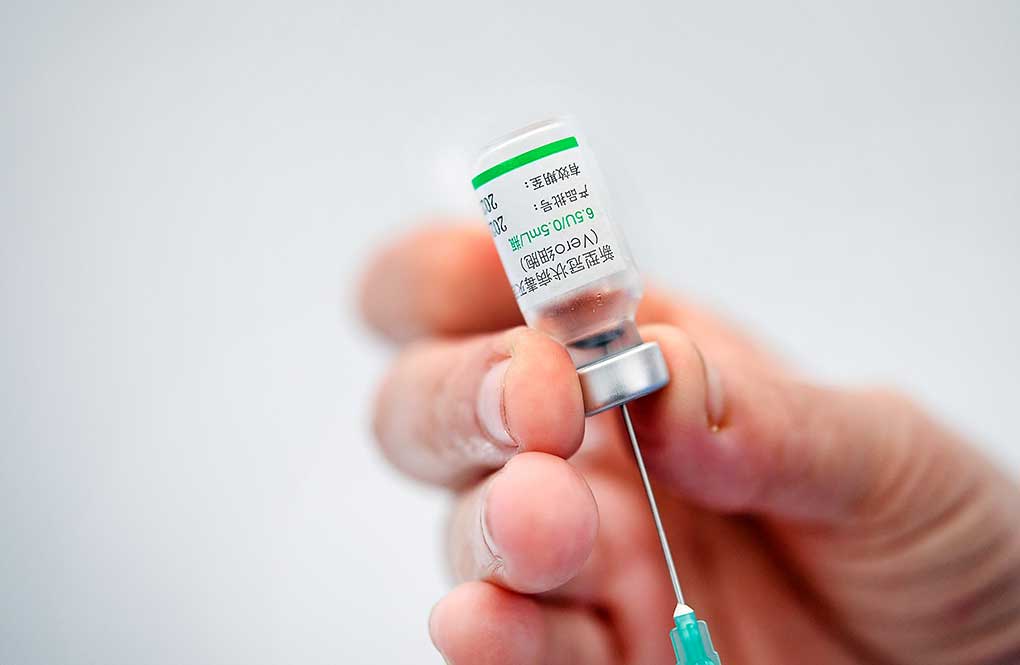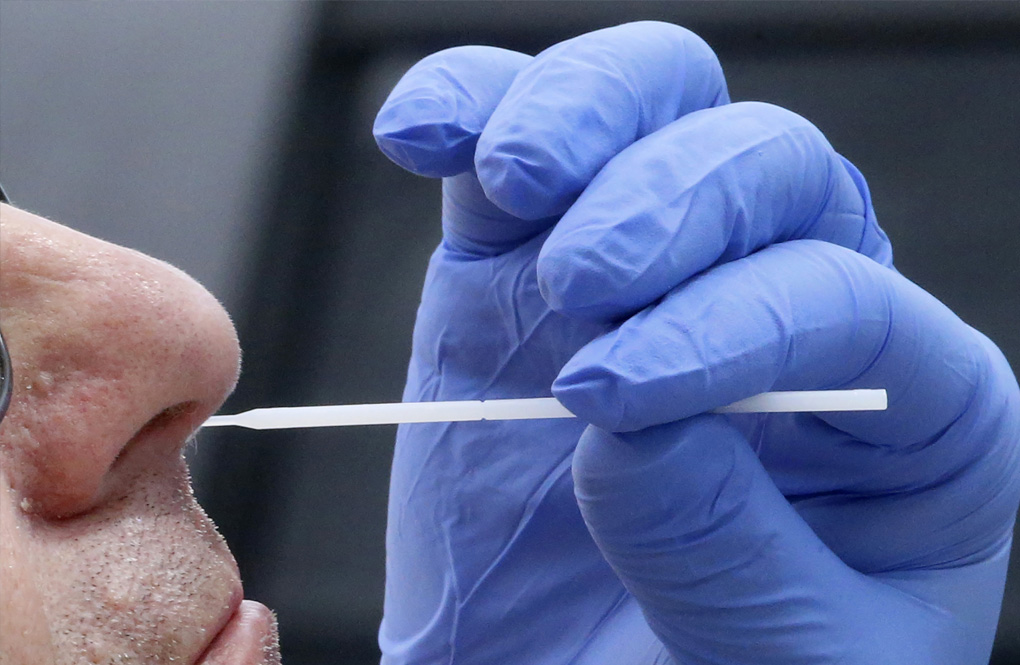The World Health Organisation says China’s zero-tolerance COVID-19 policy is not sustainable while health experts warn tracking the course of the pandemic is becoming more difficult as testing for infections has plummeted across the globe.
“We don’t think that it is sustainable considering the behaviour of the virus and what we now anticipate in the future,” WHO Director-General Tedros Adhanom Ghebreyesus told a media briefing.
“We have discussed this issue with Chinese experts. And we indicated that the approach will not be sustainable… I think a shift would be very important.”
He said increased knowledge about the virus and better tools to combat it also suggested it was time for a change of strategy.
The comments come after China’s leaders have repeated their resolve to battle the virus with tough measures and threatened action against critics at home even as strict and prolonged lockdowns exact a heavy toll on the world’s second-largest economy.
Speaking after Tedros, WHO emergencies director Mike Ryan said the impact of a “zero-COVID” policy on human rights also needs to be taken into consideration.
“We have always said as WHO that we need to balance the control measures against the impact they have on society, the impact they have on the economy, and that’s not always an easy calibration,” Ryan said.
He also noted that China has registered 15,000 deaths since the virus was first detected in the city of Wuhan in late 2019 – a relatively low number compared with nearly one million in the United States, more than 664,000 in Brazil and more than 524,000 in India.
With that in mind, it is understandable, Ryan said, that the world’s most populous country would want to take tough measures to curb coronavirus contagion.
Still, China’s zero-COVID policy has drawn criticism ranging from scientists to its own citizens, leading to a cycle of lockdowns of many millions of people, anguish and anger.
Most other countries that shared its approach initially have now at least begun a transition to strategies to live with the virus.
The continued outbreaks also underscore how difficult it is to stop the spread of the highly transmissible Omicron variant.
Under zero-COVID, authorities lock down large population areas to stamp out viral spread in response to any coronavirus outbreak, even if just a small number of people test positive.
Shanghai’s measures have been particularly strict, with residents allowed out of compounds only for exceptional reasons, such as a medical emergency.
Its quarantine policy has also been criticised for separating children from parents and putting asymptomatic cases among those with symptoms.
Meanwhile, health experts say testing has dropped by 70 to 90 per cent worldwide from the first to the second quarter of this year – the opposite of what they say should be happening with new Omicron variants on the rise in places such as the United States and South Africa.
“We’re not testing anywhere near where we might need to,” Dr Krishna Udayakumar, who directs the Duke Global Health Innovation Center at Duke University, said.
“We need the ability to ramp up testing as we’re seeing the emergence of new waves or surges to track what’s happening” and respond.
Reported daily cases in the US, for example, are averaging 73,633, up more than 40 per cent over the past two weeks, according to data compiled by Johns Hopkins University.
But that is a vast under-count because of the testing downturn and the fact tests are being taken at home and not reported to health departments.
The drop in testing is global but the overall rates are especially inadequate in the developing world, Udayakumar said.
The number of tests per 1000 people in high income countries is about 96 times higher than it is in low income countries, according to the Geneva-based public health non-profit FIND.
Experts point to COVID-19 fatigue, a lull in cases after the first Omicron wave and a sense among some residents of low-income countries that there is no reason to test because they lack access to antiviral medications.
At a recent press briefing by the WHO, FIND CEO Bill Rodriguez called testing “the first casualty of a global decision to let down our guard” and said “we’re becoming blind to what is happening with the virus”.
(AAP)













